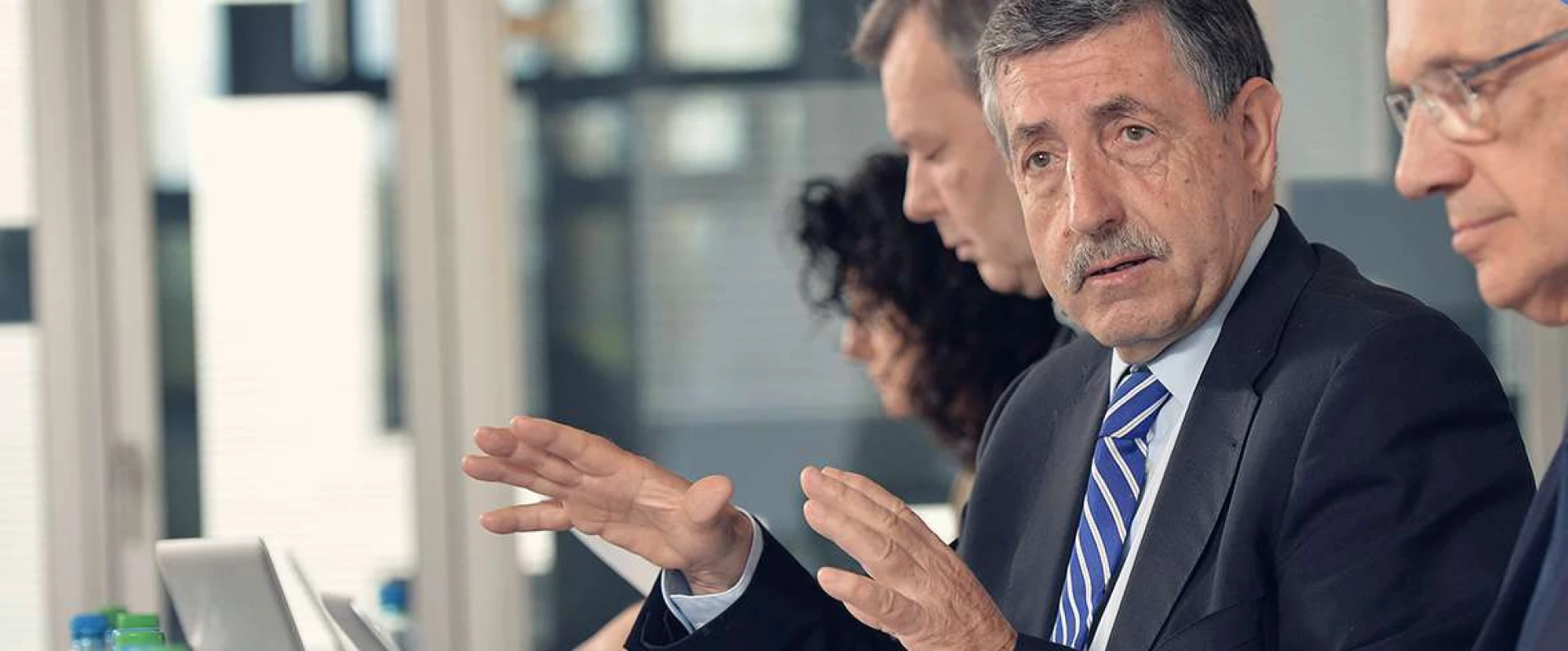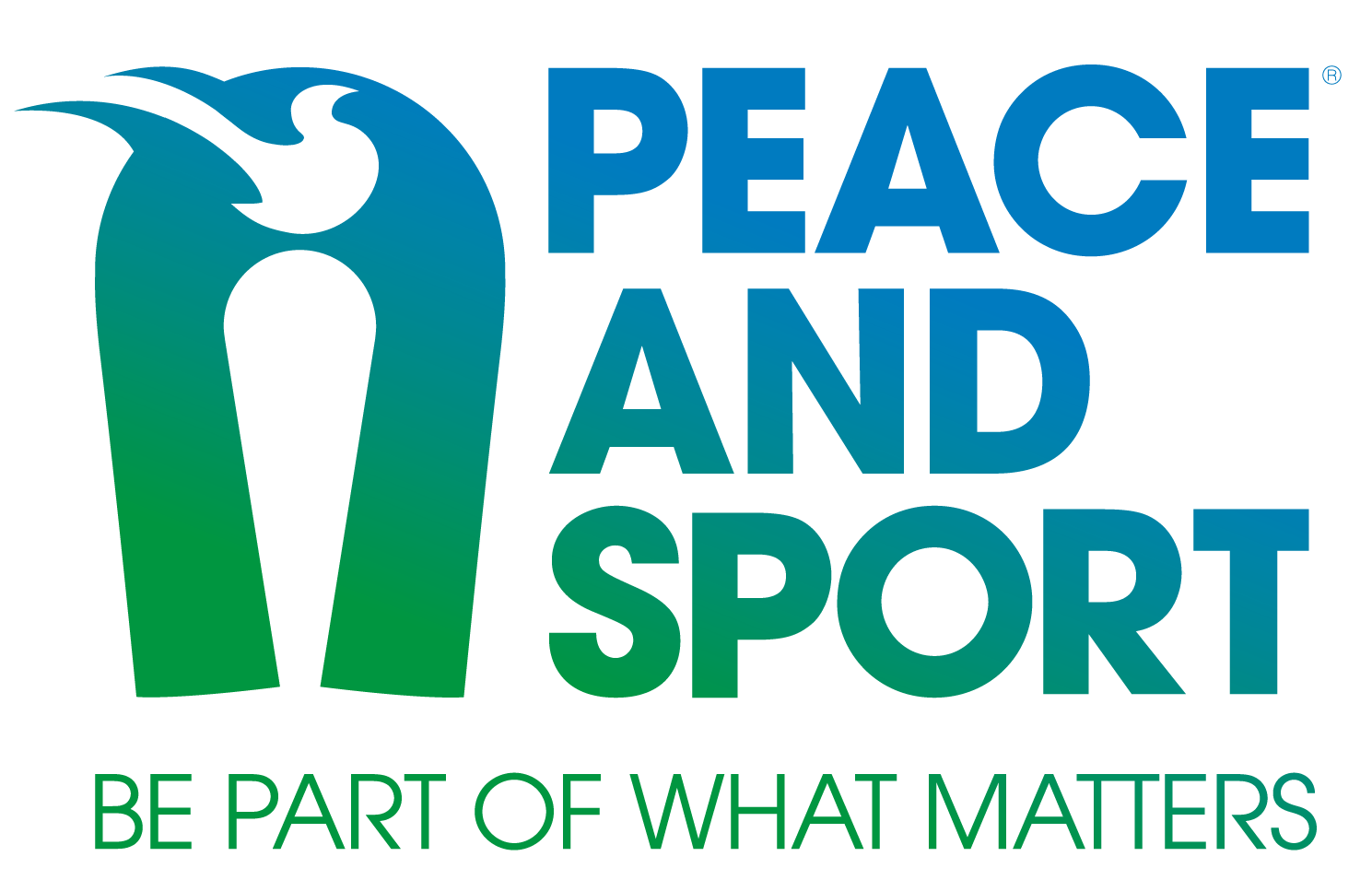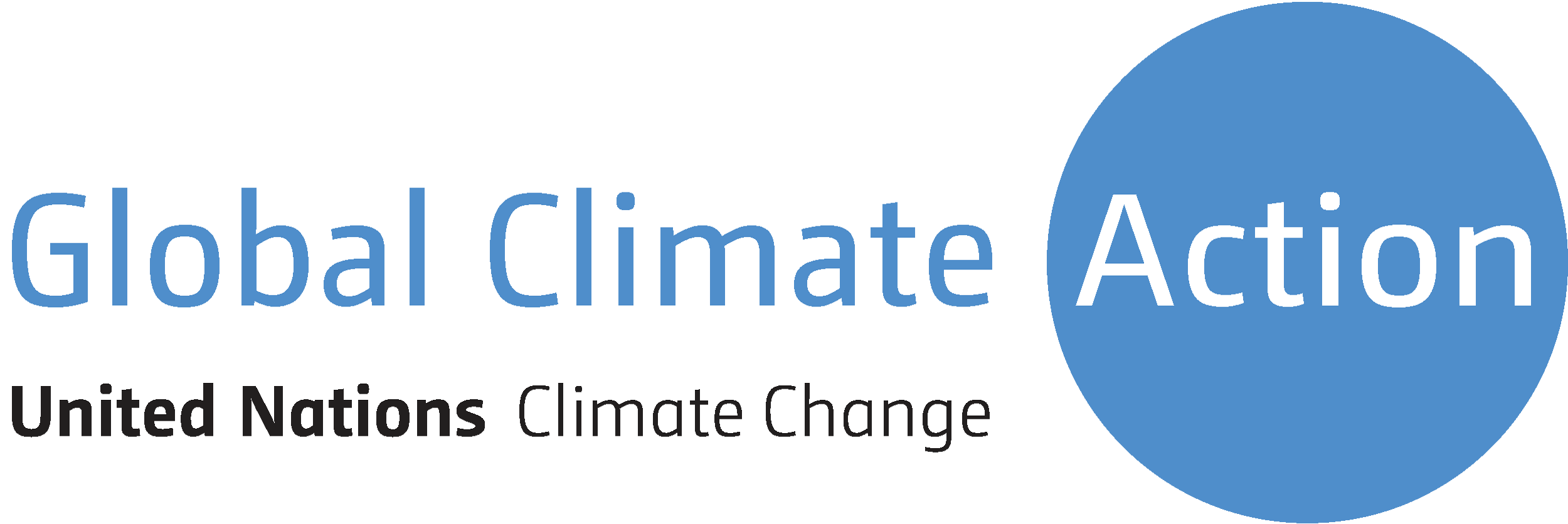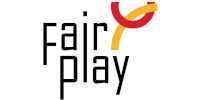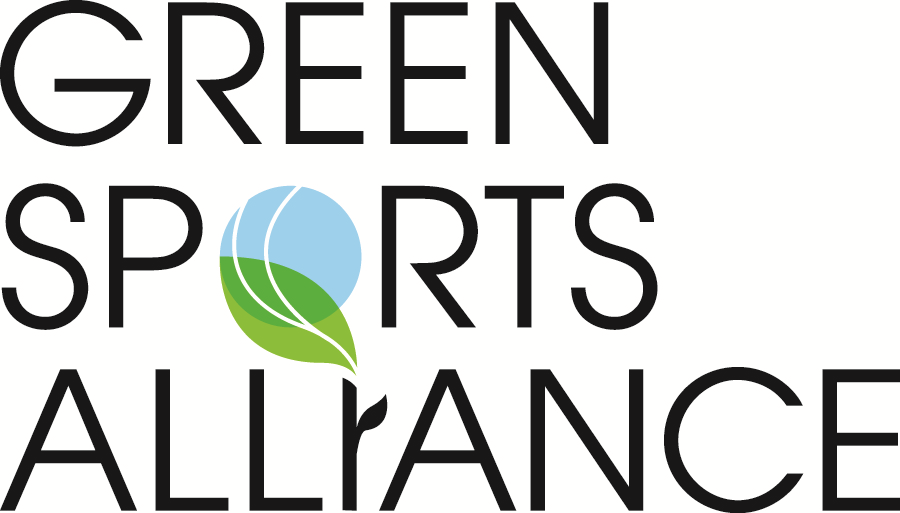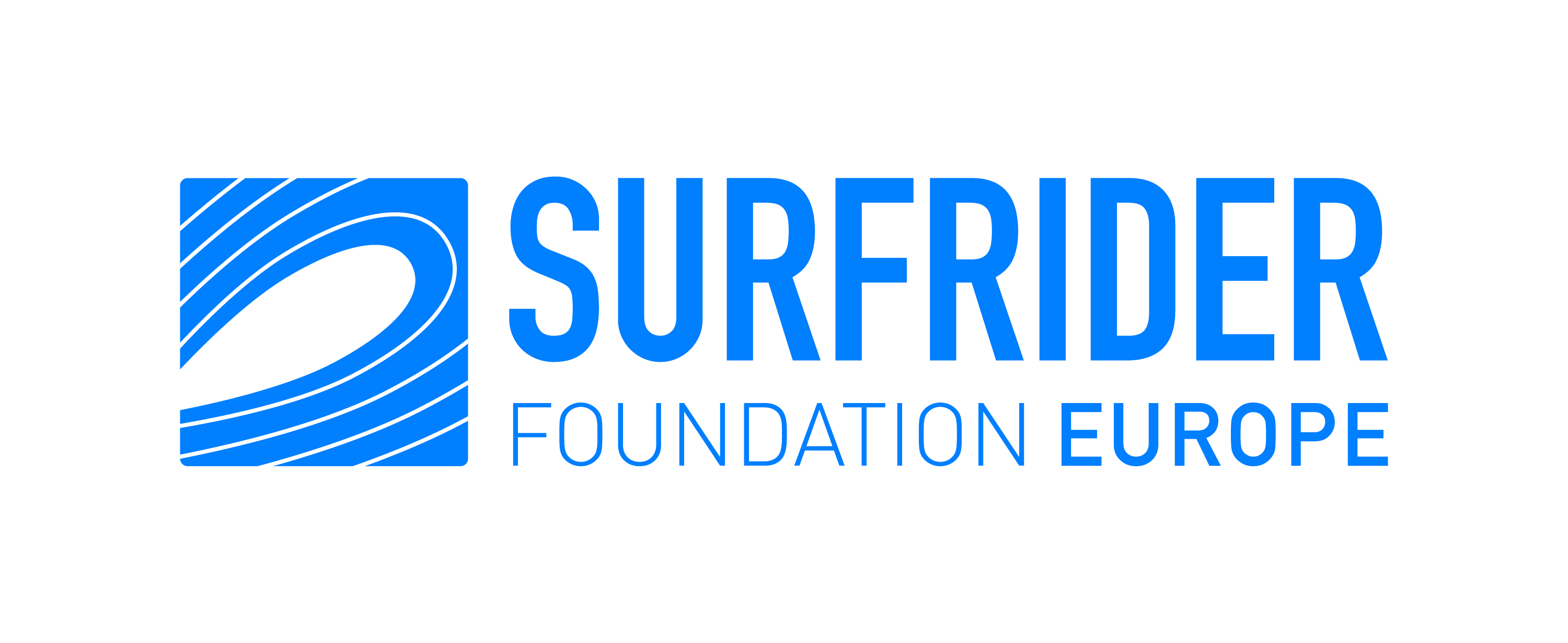WRF Interview of the Month
After the 2020 agonistic season that has been cancelled due to the Covid-19 outbreak, we are all trying to overcome this rough period. A good starting point is Good Governance, a collaborative process of decision-making. Mr. José Perurena López answered our questions, focusing on his view on Good Governance through the implementation of decisions in international organisation.
Mr. José Perurena López is a former Olympian from Spain; he competed in the 1968 Mexico Olympics as a sprint canoeist. He is the President of the International Canoe Federation since 2008 and the President of the International World Games Association since 2014. In 2011 he became a member of the International Olympic Committee and he supports the WRF development from the beginning. (Spanish version below)
President Peruena, according to your experience, what is the Good Governance in sport? What does it mean to the athletes?
First of all, it is fundamental to bear in mind that the good governance is essential for the future of every sport; nowadays the society would not accept a sport without transparence and good governance: a federation in the only hands of one president and the absolute control of him and his board are wrong, counterproductive and anachronistic. In my opinion a sport manager should not remain in office for more than three terms, otherwise the presidency has no return; indeed the International Federations that do not implement the good governance have no future.
The central core of good governance are the athletes. It is one of the main objectives of the IOC Agenda 2020: the athletes must be present in every governing body of the International Federations, bearing in mind their rights and duties.
Why should it be necessary to apply such principles at this time?
Because the society demands and needs these principles. Our lifestyle is changing, the sport activity is often included in the daily life. This demand comes from the social nets, the media and the resulting increase of interest from the athletes who ask for a more direct control of their activities. It is therefore necessary that good governance and transparency play a key role in every organisation, including the sport federations.
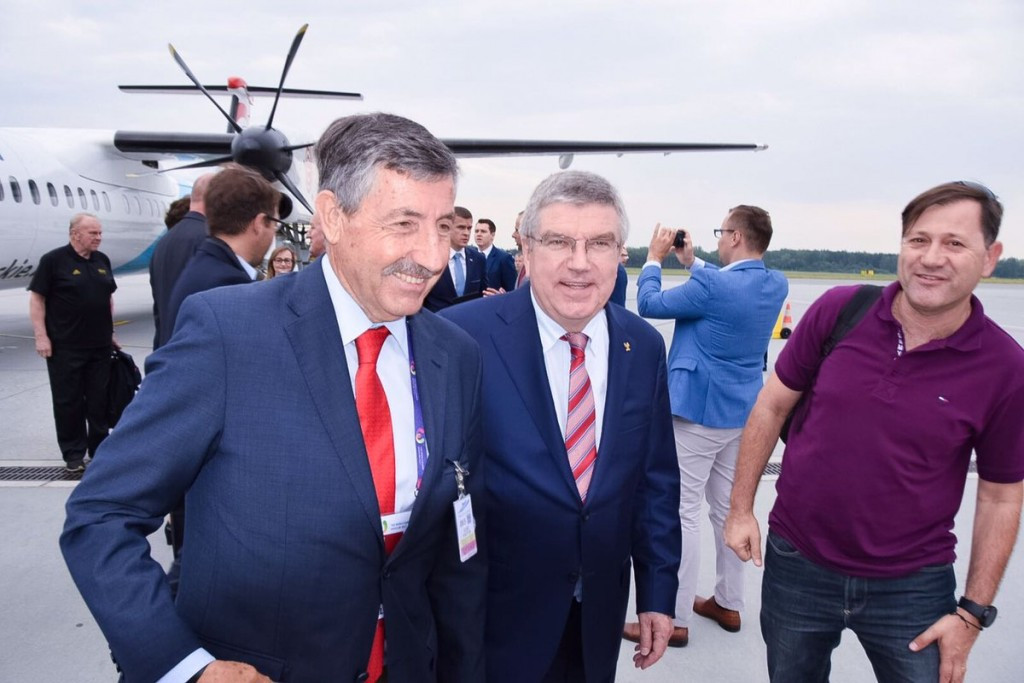
What is a National Sport Governing Body (NGB) in sport? What is the hierarchical organisation of sports at the national level?
We have to specify that national federations are the governing bodies of international sports at the national level and are ruled by the statutes of their International Federations; therefore, they have to implement good governance and transparency plans on the local territory.
For a national federation to be a member of an International Federation, it must be a single association recognised by the Government of the country or by its National Olympic Committee.
Which organisations should be recognised by International Federations? Do you think that countries which do not have a NGB should have the right to vote for the governing bodies of worldwide federations?
International Federations are independent and autonomous organisations that have their own statutes and all the National Federations that want to join have to be subject to their standards. Therefore, only the National Federations that are recognised by their Governments or National Olympic Committee and are oriented exclusively to sports practice can be recognised.
I believe that National Federations that do not comply with the statutes of International Federations should be separated from all the international activities until they adapt to them, either due to pressure from their associates or their Government: the most important thing for a sport worldwide is its independence.
The International Federations are independent organisation with their own rules; these rules are mandatory for all the National Federations under their umbrella and the International Federations, in turn, are subject to the statutes of the organisations to which they are affiliated, such as GAISF and IOC; therefore if good governance has been developed by these organisations, international federations have to adapt to their statutes, including good governance and transparency.
Does implementing a range of good governance principles positively affect organisational performance? How?
Yes of course, it affects directly. GAISF is working on a directive with regard to the implementation of good governance in every international federation. We have deadlines to adapt to our statutes and those who do not implement good governance will not be accepted by GAISF: it is fundamental for an International Federation to include good governance in its statutes in order to be recognised by worldwide organisations like GAISF. It is an ambitious process, perhaps the biggest challenge for GAISF, but if we want to maintain the unity and the independence of the sport worldwide, International Federations must have clear rules of good governance; most of us are working to implement these rules within the deadlines marked by GAISF.
What are the biggest challenges for sports in the coming years?
In these times of pandemic it is difficult to talk about the challenges of sport in general; the greatest challenge is to overcome this pandemic. All International Federations canceled most of the 2020 events, and our aim is to get back to regularly organise events so that athletes from around the world can compete and express their ability.
I believe that the greatest challenge is to recover and help the athletes, Clubs and National Federations: this will be the great challenge of the International Federations, we have to find how to help our affiliates, there are countries that have been devastated by the pandemic and we have the obligation to help them.
What would you like to say to the rafting community about the new year 2021?
May we continue working on the development of our rafting world; you have a magnificent sport, with a splendid future, where recreational and sports activities are combined very well. I am sure that in a short time you will be recognised by GAISF and we will often see rafting in international competitions in the five continents.
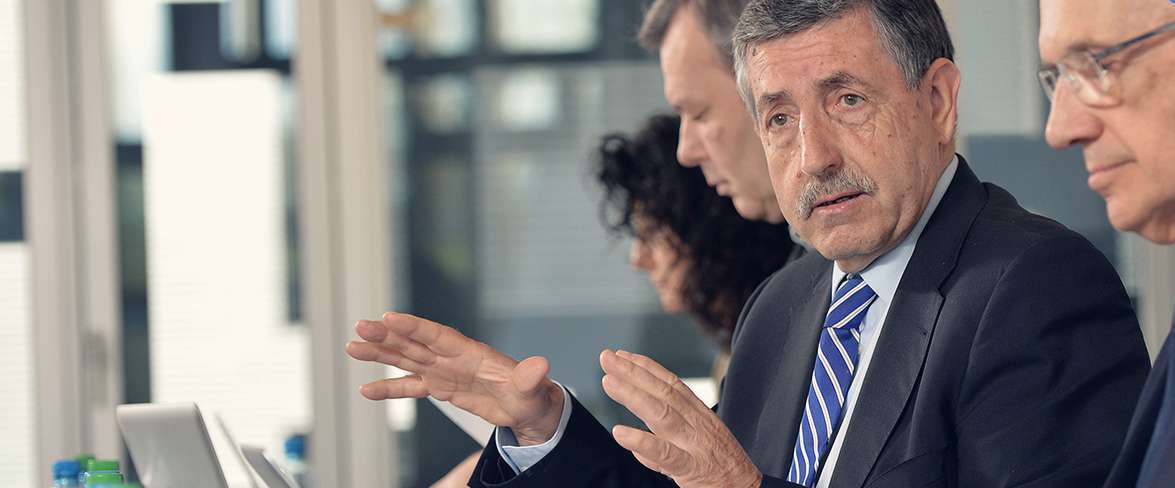
Spanish version
¿Presidente, qué es la buena gobernanza en el deporte? ¿Qué importancia tiene para los deportistas?
Tenemos que tener claro, que la buena gobernanza es imprescindible para el futuro del deporte; en estos tiempos, la sociedad no entendería un deporte sin transparencia ni buena gobernanza, hoy no se entiende un Presidente con una junta directiva que tenga un control absoluto y no de cuenta de sus actuaciones; en mi opinión, un dirigente deportivo no debe de estar mas de tres mandatos, además, este proceso no tiene retorno, las Asociaciones Internacionales que no implanten la Buena Gobernanza no tienen futuro.
El núcleo central de la buena gobernanza son los deportistas, es unos de los objetivos principales de la Agenda 2020 del COI, los deportistas tienen que estar en todos los órganos de gobierno de las Federaciones Internacionales, los deportistas tendrán claro sus derechos y sus obligaciones.
¿Por qué debería ser necesario aplicar tales principios en este momento?
Porque la sociedad lo demanda; estan cambiado nuestros modo de vida, la actividad deportiva esta inmersa en nuestra vida diaria, esta demanda viene de las redes sociales, los medios de comunicación y también porque los atletas piden un control mas directo de sus actividades, por eso la buena gobernanza y la transparencia son necesarias en todas las organizaciones incluidas las deportivas.
¿Qué es un organismo rector nacional (NGB) en el deporte? ¿Cuál es la organización jerárquica de los deportes a nivel nacional?
Tenemos que entender que las federaciones nacionales, son los órganos de gobierno del deporte internacional a nivel país y se rigen por los estatutos de sus Federaciones Internacionales, por lo tanto, tienen que implementar a nivel nacional los planes de buena gobernanza y transparencia.
Para que una federación nacional sea miembro de una Federación Internacional tiene que ser una única asociación reconocida por el Gobierno del país o por su comité Olímpico del Nacional.
¿Qué organizaciones deberían ser reconocidas por las federaciones internacionales?
Las Federaciones Internacionales son organizaciones independientes y autónomos que tienen sus propios estatutos y todas las federaciones nacionales tienen que estar subordinadas a los mismos, por lo tanto, solo pueden ser reconocidas las federaciones nacionales que estén reconocidas por sus Comité Olímpicos Nacionales o Gobiernos y sus actividades tienen que ser orientadas exclusivamente a la practica deportiva.
¿Cree que los países que no tienen un NGB deberían tener derecho a votar por los órganos rectores de las federaciones mundiales?
Creo que las Federaciones Nacionales que no cumplan con los estatutos de las Federaciones Internacionales deben de ser separadas de toda actividad internacional hasta que se adapten a los mismos, sea por presión de sus asociados o de su Gobierno, lo mas importante del deporte mundial es su independencia.
Las Federaciones Internacionales somos organizaciones independientes que tenemos nuestras propias reglas, reglas que son de obligado cumplimento por todas las Federaciones Nacionales, y también nosotros estamos sujetos a las reglas y estatutos de las organizaciones a las que estamos afiliados como GAISF y IOC, por lo tanto, si la buena gobernanza ha sido desarrollada por el IOC y GAISF, las Federaciones internacionales tenemos que adaptar nuestros estatutos para incluir la buena gobernanza y la transparencia.
¿La implementación de una variedad de principios de buen gobierno afecta positivamente el desempeño organizacional? ¿Cómo?
Si claro, afecta directamente, GAISF esta trabajando en una directiva sobre la implantación de la buena gobernanza en todas las Federaciones Internacionales, tenemos unos plazos para adaptar nuestros estatutos, y aquellas que no implementen la buena gobernanza quedaran fuera de GAISF y sobre todo, las Federaciones Internacionales que quieran ser reconocidas por GAISF tienen que incluir en sus estatutos la buena gobernanza.
Es un proceso ambicioso, quizás el mayor reto para GAISF, pero si queremos mantener la unidad del deporte mundial y su independencia, las Federaciones Internacionales tenemos que tener unas normas claras de buena gobernanza, la mayoría estamos trabajando para implementar estas normas dentro de los plazos marcados por GAISF.
¿Cuáles son los mayores retos del deporte para los próximos años?
En estos tiempos de pandemia es difícil hablar de retos del deporte, el mayor reto será superar esta pandemia, todas las Federaciones Internacionales hemos cancelado las mayorías de los eventos del 2020, y nuestro ADN es organizar eventos para que los atletas de todo el mundo, donde puedan competir y demostrar su capacidad.
Creo que el mayor reto es recuperar y ayudar a los atletas, Clubs y Federaciones Nacionales, este será el gran reto de las Federaciones Internacionales, tenemos que buscar como ayudar a nuestros afiliados, hay países que han quedado devastados por la pandemia y tenemos la obligación de ayudarlos.
¿Tiene algún mensaje para la comunidad de rafting para el nuevo año 2021?
Que WRF siga trabajando por el desarrollo del rafting mundial, ustedes tienen un magnifico deporte, con un futuro espléndido, donde se conjugan muy bien las actividades lúdicas y deportivas, tengo la seguridad que en un plazo breve serán reconocidos por GAISF y veremos rafting en competiciones internacionales en los cinco continentes.

